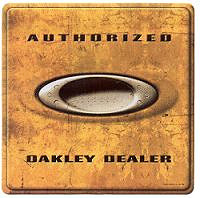When to Seek Medical Care
In most cases, if you have continuing symptoms of pain, visual disturbance, or bleeding, you should go to an ophthalmologist (a medical doctor who specializes in eye care and surgery).
In general, if you are not sure if you have a serious eye injury, call your ophthalmologist for advice.
Calling your ophthalmologist may be helpful in the following circumstances:
Chemical exposures: If you are not sure if the exposure is potentially serious, you have washed out your eye, and you have few symptoms, then your ophthalmologist may be able to help you decide whether or not you should be seen immediately.
The following conditions should be seen promptly by an ophthalmologist or in the emergency department:
Chemical exposures: If the substance was known to be caustic, immediate medical evaluation by either an ophthalmologist or in the emergency department is needed, regardless of symptoms. Acids and alkalis are the worst and require immediate attention. If the substance is not dangerous, such as soap or suntan lotion, a visit to the emergency department is not necessary, but a visit to the ophthalmologist's office may be helpful to alleviate any remaining symptoms. When in doubt, seek medical attention.
Lacerations: Cuts that affect the eyelid margins (where the eyelashes are) or the eyeball itself need immediate medical attention. Foreign bodies that are not removed with gentle washing should be evaluated by an ophthalmologist.
Solar retinopathy: Evaluation by an ophthalmologist is necessary. This is one condition where there is little that can be done in the emergency department.



